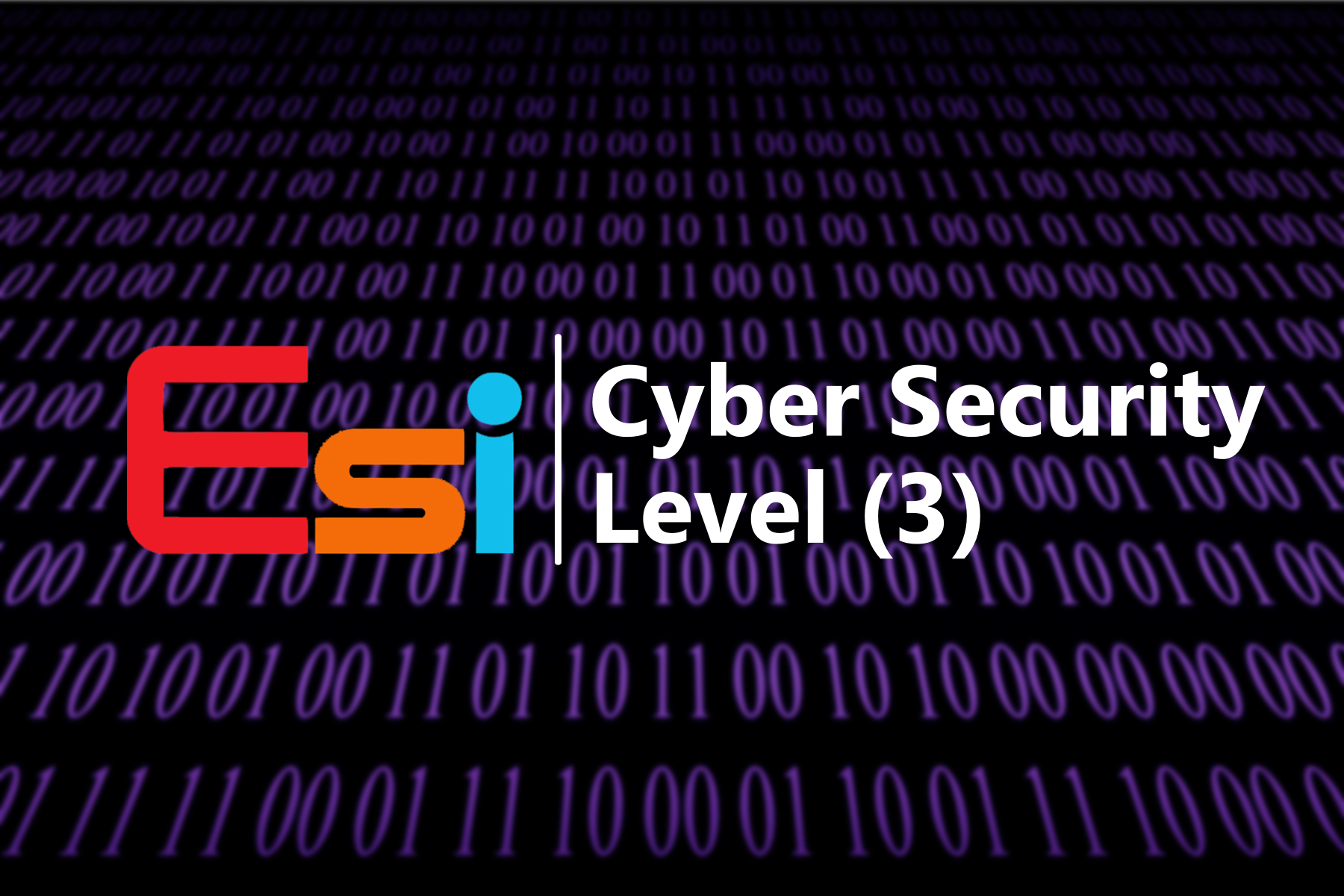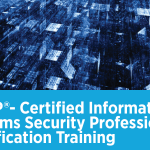Overview
- The Level 3 Cyber Security Technician Qualification has been developed to train people to provide first-line cyber security support.
- This requires individuals to monitor and detect potential security threats and escalate as necessary.
- An employee in this occupation will be responsible for supporting a cybersecurity function (frequently a Security Operations Centre or Network Operations Centre) working under supervision.
- The employee will be conducting specific cyber security tasks to defined procedures and standards.
Objective
- Follow information security procedures
- Maintain information security controls
- Develop information security training and awareness resources
- Monitor the effectiveness of information security training and awareness
- Handle and assess the validity of security requests from a range of internal and external stakeholders
- Follow technical procedures to install and maintain technical security controls
- Monitor and report information security events
- Recognize when and how to escalate information security events in accordance with relevant procedures and standards
- Review and modify access rights to digital information systems, services, devices, or data
- Maintain an inventory of digital information systems, services, devices, and data storage
- Scopes cyber security vulnerability assessments
- Evaluate the results of a cyber security vulnerability assessment
- Perform routine threat intelligence gathering tasks through consulting external sources
- Undertake digital information risk assessments
- Identify and categorize threats, vulnerabilities, and risks in preparation for response or escalation
- Document cyber security event information whilst preserving evidence
- Draft information management reports using standard formats appropriate to the recipients
- Review and comment upon cyber security policies, procedures, standards, and guidelines
- Perform cyber security compliance checks
- Translate audit requirements and collate relevant information from log files, incident reports, and other data sources
- Communication skills to co-operate as part of a multi-functional, multi-disciplinary team using a range of technical and non-technical language to provide an effective interface between internal or external users and suppliers
- Keep up-to-date with legislation and industry standards related to the implementation of cyber security in an organization
The Main Topic of the Course
- Understand Cyber Security Principles
- Understand Threat Intelligence in Cyber Security
- Cyber Security Testing, Vulnerabilities and Controls
- Cyber Security Incident Response
- Understand legislation and ethical conduct within cyber security
- Professional Skills and Behaviors for Cyber Security
- Network Principles, Networking Devices,
- Core terminology and Cyber Awareness
- Compliance and Policy
- Vulnerabilities and Threats
- Threat Identification and Events
- Forensic principles and Incidents
- Detecting and Reporting
- Risk Assessment and Asset Control
- Disaster Prevention
Who is it For?
- Any (IT staff ) who are candidates for roles for Cyber Security Technicians like :
- Cyber Security Administrator,
- Access Control Administrator,
- Incident Response Technician, Junior Security
- Junior Operations Centre (SOC),
- Junior Penetration Tester,
Benefits
- preparing for CompTIA Security Plus
Course Outlines and Training Plan
1st Module “ Introduction to cyber security “
- Course Introduction
- Overview of cyber security
- fill the gap between trainees’ knowledge regarding cybersecurity
- Security roles in the organization
- Security certificate level
2nd Module “ threat, attack, vulnerability “
- Malware type
- Understating attack
- Threat intelligence
- Social engineering attack
- Common attack
- Understating vulnerability type
- Vulnerability scanning
- Penetration testing and bug bounty
3rd Module OWASP
- 10 top OWASP
4th Module “ cryptography “
- Encryption
- Symmetric cryptography
- A Symmetric cryptography
- Key management
- PKI Public Key Infrastructure
- Cryptanalytic attack
- Cryptographic application
5th Module “ Identity Access Management IAM“
- Identification
- Authentication
- Authorization
- Account management
6th Module “physical security and cloud security “
- Data center protection
- Hardware and data security
- Business continuity management BCM
- Disaster recovery plan DRP
- Cloud computing
- Virtualization
7th Module “ Endpoint Security “
- Host security
- Hardware security
- Configuration management
- Embedded devices security
- Working on the command line
8th Module “ network security “
- OSI
- TCP/IP
- Secure network design
- Network security devices
- Network security techniques
- Wireless network
- Network attack
- Network tools
- Mobile device security
9th Module “ operation and incident response “
• Incidence response program
• Attack Framework
• Incidence investigation
• Forensic techniques
10th Module “ GRC governance Risk & Compliance “
- Risk analysis
- Risk management framework
- Supply chain
- Security policy
- Privacy and Compliance
- Security training and awareness






